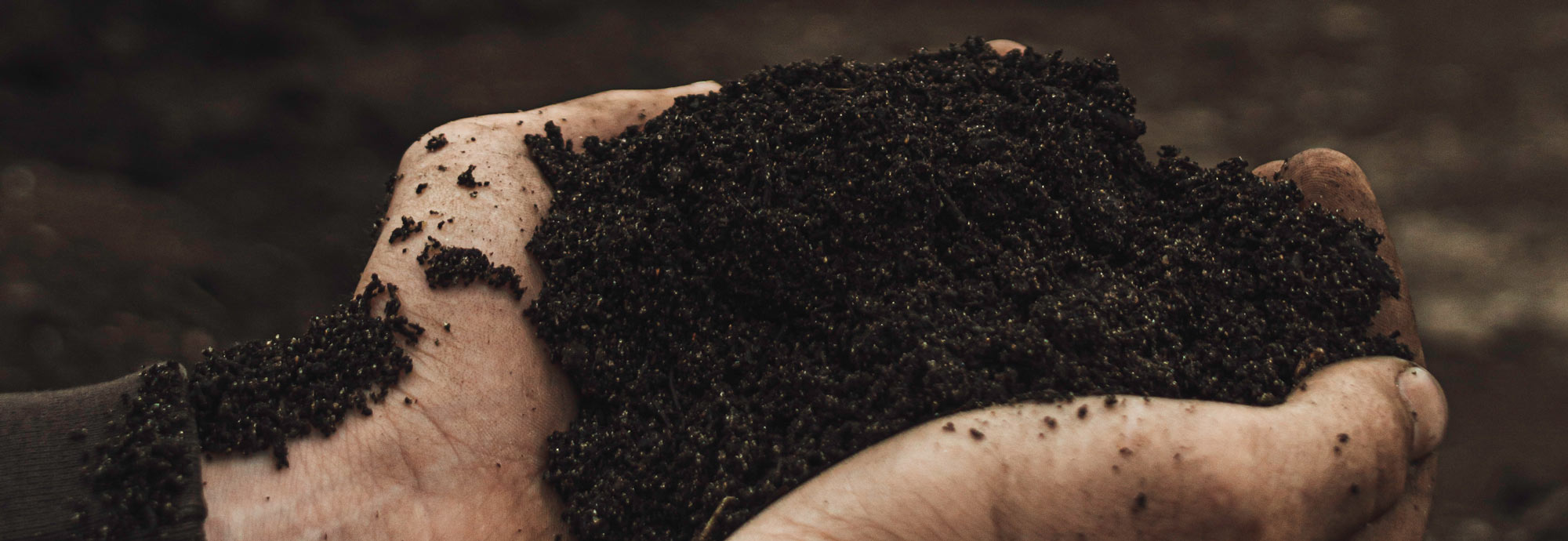Soil Health

One of the primary goals of regenerative farming is building healthy soil. Soil is the foundation for growing healthy plants and crops that are disease resistant and climate resilient. Soil nourishes the plants that nourish the animals and food that nourishes us. In a truly thriving food and farming system, it all begins with soil. In their Global Sustainability Goals, the Food and Agriculture Organization of the United Nations recognizes the value of healthy soils to:
Provide nutrient dense foods: Soils rich in a diversity of microorganisms, minerals, and nutrients yield truly nourishing foods.
Mitigate climate change: Healthy soils act as a carbon sponge and hold the power to cool our warming planet by drawing carbon out of the atmosphere and sequestering it in the soil.

Nourish organisms big and small: There are more life forms in a tablespoon of healthy soil than there are people on the planet. A quarter of the planet’s biological diversity exists in soil. Most of these organisms provide critical ecosystem services for plant, animal, and human health.
Create economic and community vibrancy: Managing soil is more economical than trying to rehabilitate it. Healthy soils enable farmers to produce more food with fewer expensive inputs, improve water quality and water retention, and are more resilient in extreme weather events.
Whether you’re just beginning to invest in the regeneration of your soil or you’ve been building your farm’s soil health for years, many resources exist to help you improve soil fertility and enrich your soil’s organic matter.
Soil Health in Vegetable Fields and High Tunnels: Lessons...
Grow Your Own Fertilizer
Putting the Soil Micro-Livestock to Work for You
Wisconsin Beginning Farmer Resource Guide
One Year Corn, One Year Rye with Clover a Soil Regenerative...
Improving High Tunnel Soils with Cover Crops
Strategies for Developing a More Robust Rotation
view more
